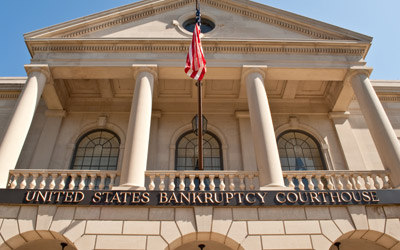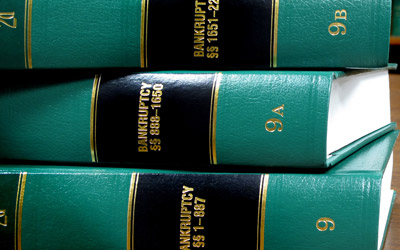FAQ'S
Covered in this Article:
- Can a debtor be discriminated against for filing bankruptcy?
- What should a person do if a creditor later attempts to collect a debt that was discharged in his Chapter 7 case?
1. Can a debtor be discriminated against for filing bankruptcy?
No. Section 11 U.S.C. 525 of the bankruptcy code prohibits governmental units and private employers from discriminating against you because you have filed for bankruptcy, and because you failed to pay a dischargeable debt. However, please be advised that many employers now routinely review at an applicant’s credit report before they are hired. Some of my debtors have advised me that they have lost good jobs because their potential employer was concerned with their credit report. Some potential employers believe that filing bankruptcy is a sign of poor character.
You should be further advised that many landlords also carefully scrutinize a potential tenant’s credit report before they sign a lease. Many landlords won’t touch a person if they have a bankruptcy on their credit report. A person who files for bankruptcy should always have a secure lease before they file for bankruptcy.
2. What should a person do if a creditor later attempts to collect a debt that was discharged in his chapter 7 case?
When a bankruptcy discharge is granted then the court then enters an order that bars any creditors from later attempting to collect that debt. If a creditor violates this court order then the may be held in contempt of court and fined. Moreover, he may be further liable to the debtor for damages. If a creditor later attempts to collect a discharged debt, then the debtor should give the creditor a copy of the discharge. The debtor should also inform the creditor that the debt has been discharged under chapter 7.
If the creditor persists, the debtor should contact his attorney. If the creditor files a lawsuit against the debtor, then it is important not to simply ignore the matter. If a lawsuit is blown off, then eventually a judgment will be filed against you, and it will be recorded as a lien. Even though a judgment entered against a debtor can be voided in a bankruptcy, this legal procedure can be costly. The typical fee to void a judgment is $750 and filing fees.






